Over 170 Anfal Victims' Remains Returned to Kurdistan Region
Kurdistan 11:55 AM - 2024-01-13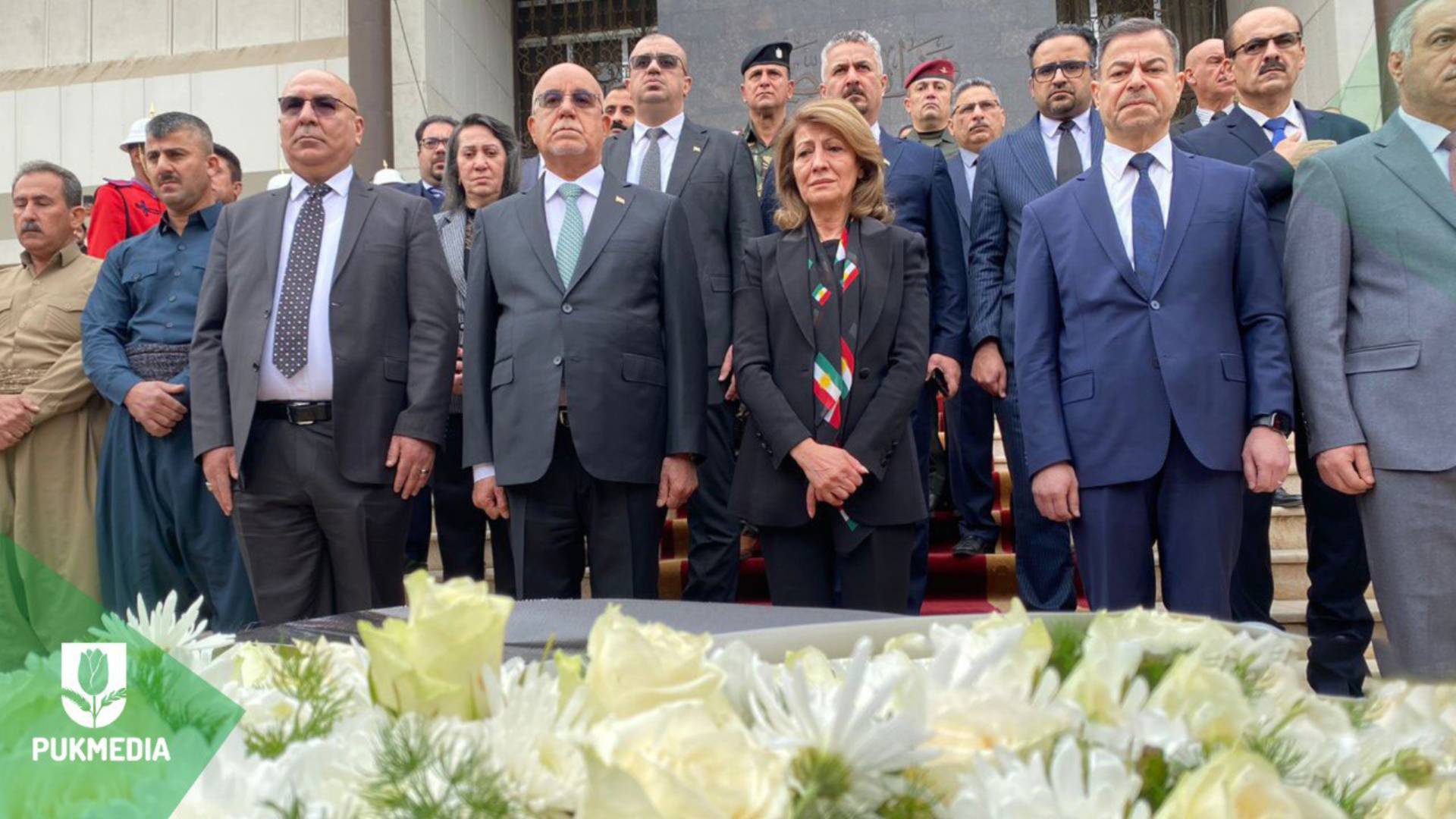 PUKMEDIA
PUKMEDIA
Iraqi First Lady present in the ceremony of returning the Anfal victims' bodies.
On Saturday, January 13, 2024, the remains of over 170 victims of the Anfal campaign from Chamchamal District will be brought back to the Kurdistan Region to be laid to rest in a dignified ceremony during the next few days.
Ramak Ramazan, mayor of Chamchamal District, told PUKMEDIA: "Today, in the company of the Iraqi first lady, the remains of 172 Anfal martyrs were transported from the Iraqi capital Baghdad to the sacred land of Kurdistan."
He added: "The remains that will be repatriated to the Kurdistan Region today, the majority of which will be returned to Chamchamal, will be laid to rest in a dignified ceremony in the upcoming days. The Chamchamal Mayor's Office and the Anfal Monument Directorate express gratitude to the First Lady of Iraq and other relevant parties for their substantial contribution in facilitating the repatriation of the deceased."
The bodies were kept in Baghdad for over four years
The corpses that arrive in the Kurdistan Region today were found over four years ago and kept at the forensic medicine facility in Baghdad. However, due to unfinished legal procedures, they were unable to be repatriated to the Kurdistan Region.
Karwan Yarwais, PUK faction MP in the Iraqi parliament, told PUKMEDIA: "The delay in returning the bodies was primarily caused by the government's negligence and lack of coordination between the Kurdistan Region's Ministry of Martyrs Affairs and the Iraqi Mass Graves Board. As the PUK faction, we have repeatedly informed the Iraqi and Kurdistan Regional Government (KRG) authorities to make efforts to return the remains. The Iraqi First Lady's initiative to undertake this work is praiseworthy since they were ceremoniously dispatched to the sacred territory of the Kurdistan Region today."
"The remains consist of infants, women, girls, and elderly men, providing evidence that the previous Iraqi dictatorial regime (Ba'ath regime) did not differentiate between anyone. The fact that they were Kurds alone was enough to subject them to this crime," Yarwais said.
The remains have been identified and the Baghdad forensic medical examiner has initiated legal procedures. However, DNA tests have not been carried out for the family of the Anfal victims, as this falls within the jurisdiction of the KRG and the KRG's Ministry of Martyrs Affairs.
Statistics indicate that 270 mass graves have been unearthed since Iraq's liberation, with numerous further mass graves yet to be excavated. The majority of these unexcavated graves are concentrated in the region bounded by Diwaniyah, Samawah, and Najaf provinces.
The Anfal campaign, conducted by the dictatorial regime of Saddam Hussein, targeted the Kurdish civilian population and started in February 1988, lasting until September of the same year. It is widely regarded as one of the most perilous instances of state-sponsored mass killings during the Ba'ath rule in Iraq. The military and regular forces, such as the First Corps stationed in Kirkuk and the Fifth Corps stationed in Erbil, as well as the Air Force, Special Forces, Republican Guard, Commando Forces, security and intelligence services, military intelligence, and the chemical and biological weapons departments, were all mobilized to execute these operations. The Anfal atrocities claimed the lives of more than 182,000 Kurdish civilians, comprising women, children, and the elderly.
PUKMEDIA
More news
-
Congratulatory Messages on International Labour Day
01:28 PM - 2024-05-01 -
Four Kurdish Factions Reject the Postponement of Kurdistan Parliamentary Elections
07:28 PM - 2024-04-30 -
UAE Classifies Khor Mor Attack as Terrorism, International Violation
07:49 PM - 2024-04-27 -
Officials Call for Urgent Investigation Into Khor Mor Gas Field Attack
10:31 PM - 2024-04-26
see more
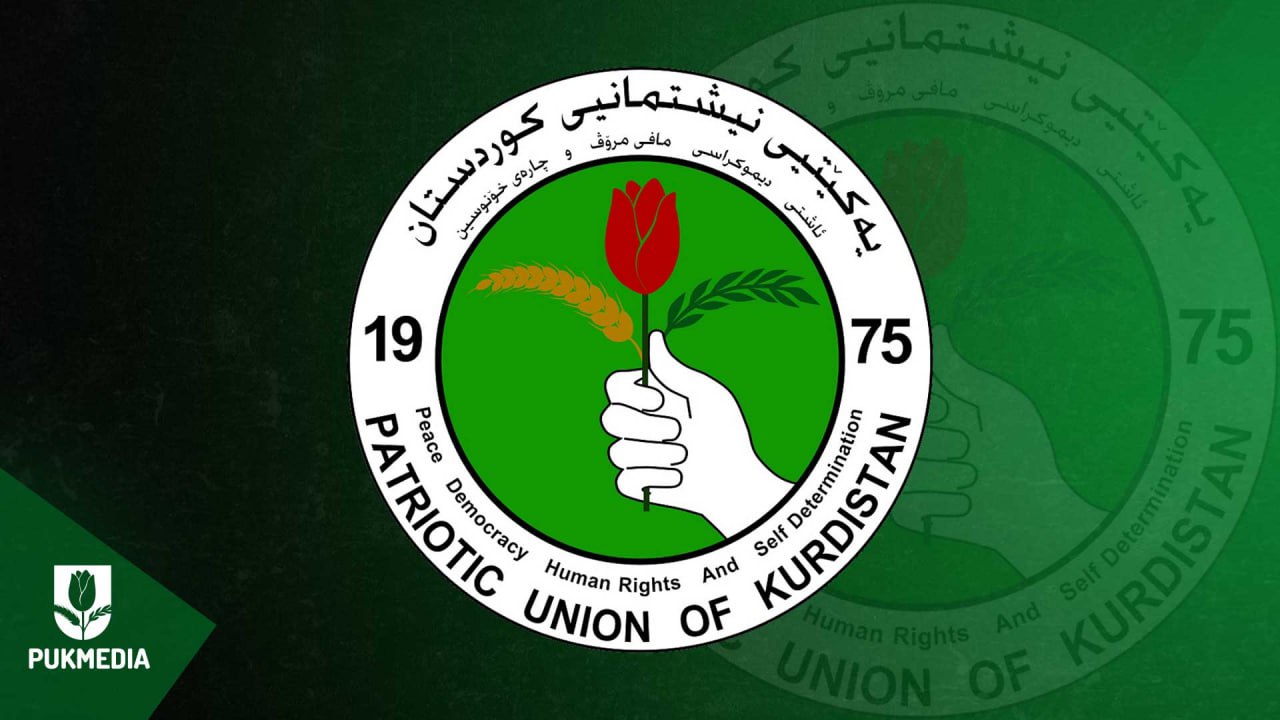
P.U.K 12:17 AM - 2024-05-02 PUK Politburo: We Oppose Any Unfair Attempts to Delay the Scheduled Elections
Rewaz Fayaq: We Must Not Lose the Opportunity of Conducting Elections
10:55 PM - 2024-05-01
DPM Talabani: We reject any attempt to further delay the elections
06:47 PM - 2024-04-30
Legal Battle Fought to Return Kirkukis' Properties
11:39 AM - 2024-04-30
Dana Gas Temporarily Halts Operations at Khor Mor
11:46 AM - 2024-04-29
Most read
-
PUK Politburo: We Oppose Any Unfair Attempts to Delay the Scheduled Elections
P.U.K 12:17 AM - 2024-05-02 -
Congratulatory Messages on International Labour Day
Kurdistan 01:28 PM - 2024-05-01 -
Rewaz Fayaq: We Must Not Lose the Opportunity of Conducting Elections
News 10:55 PM - 2024-05-01

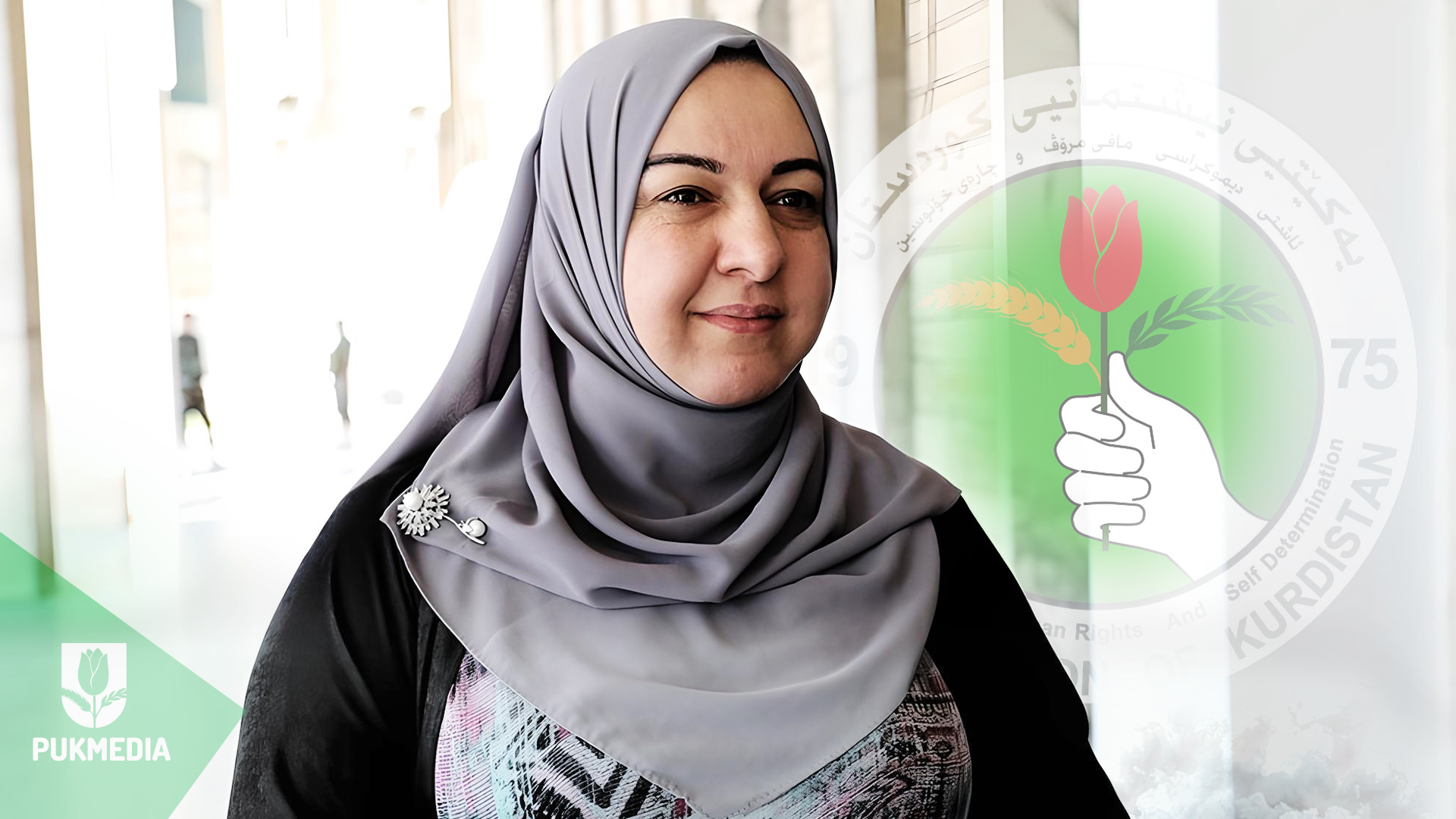
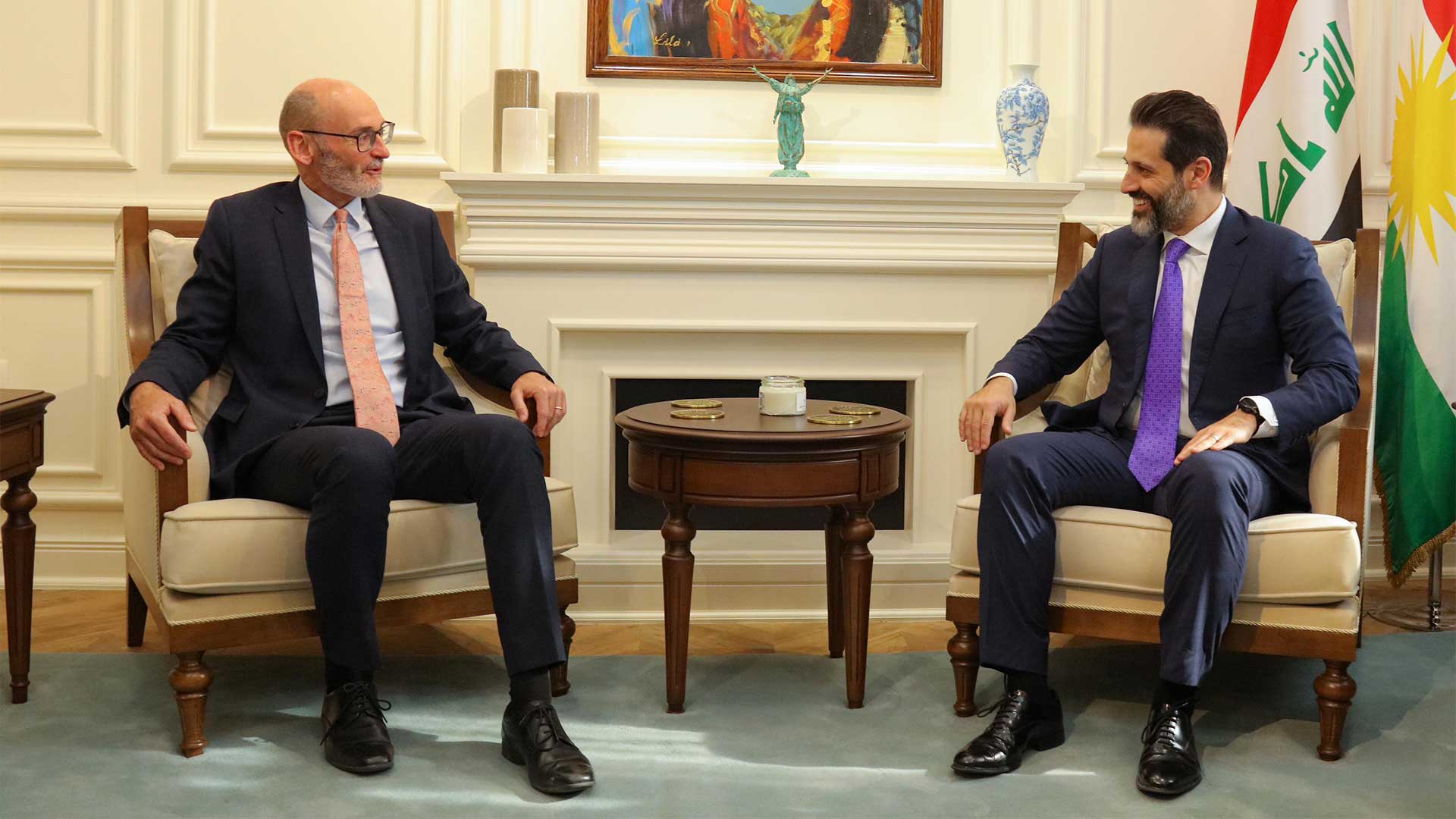
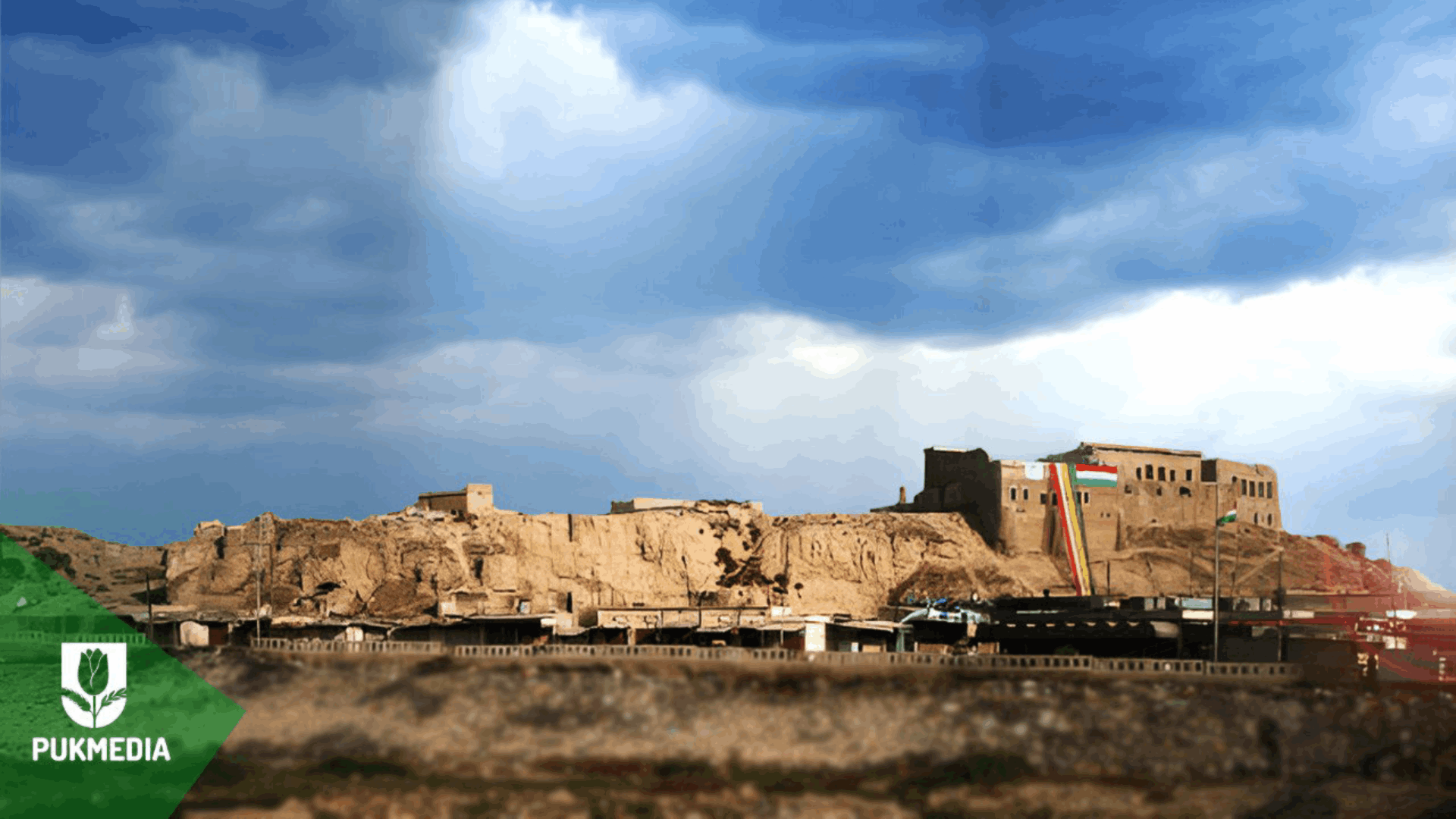
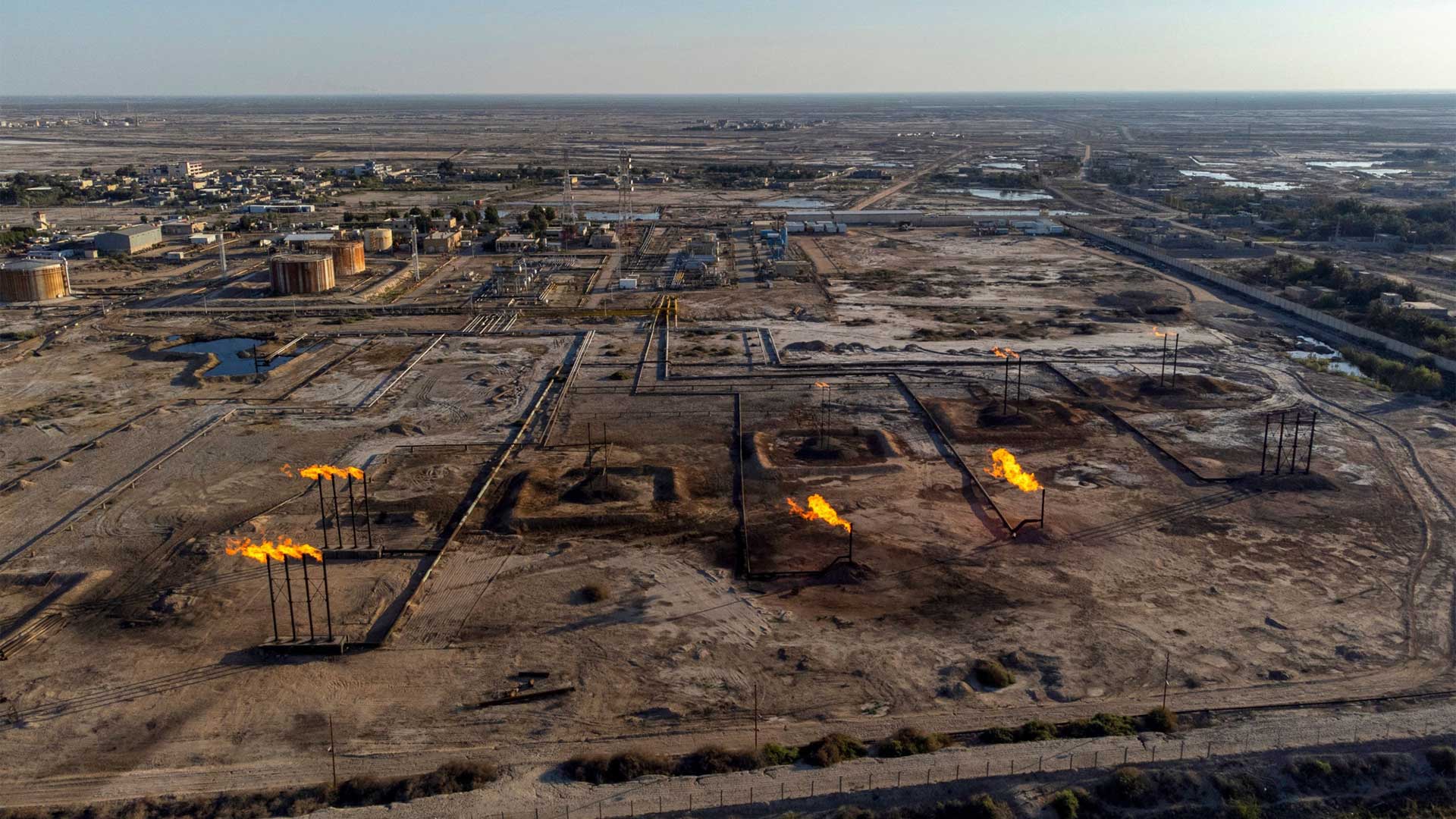
 Application
Application


